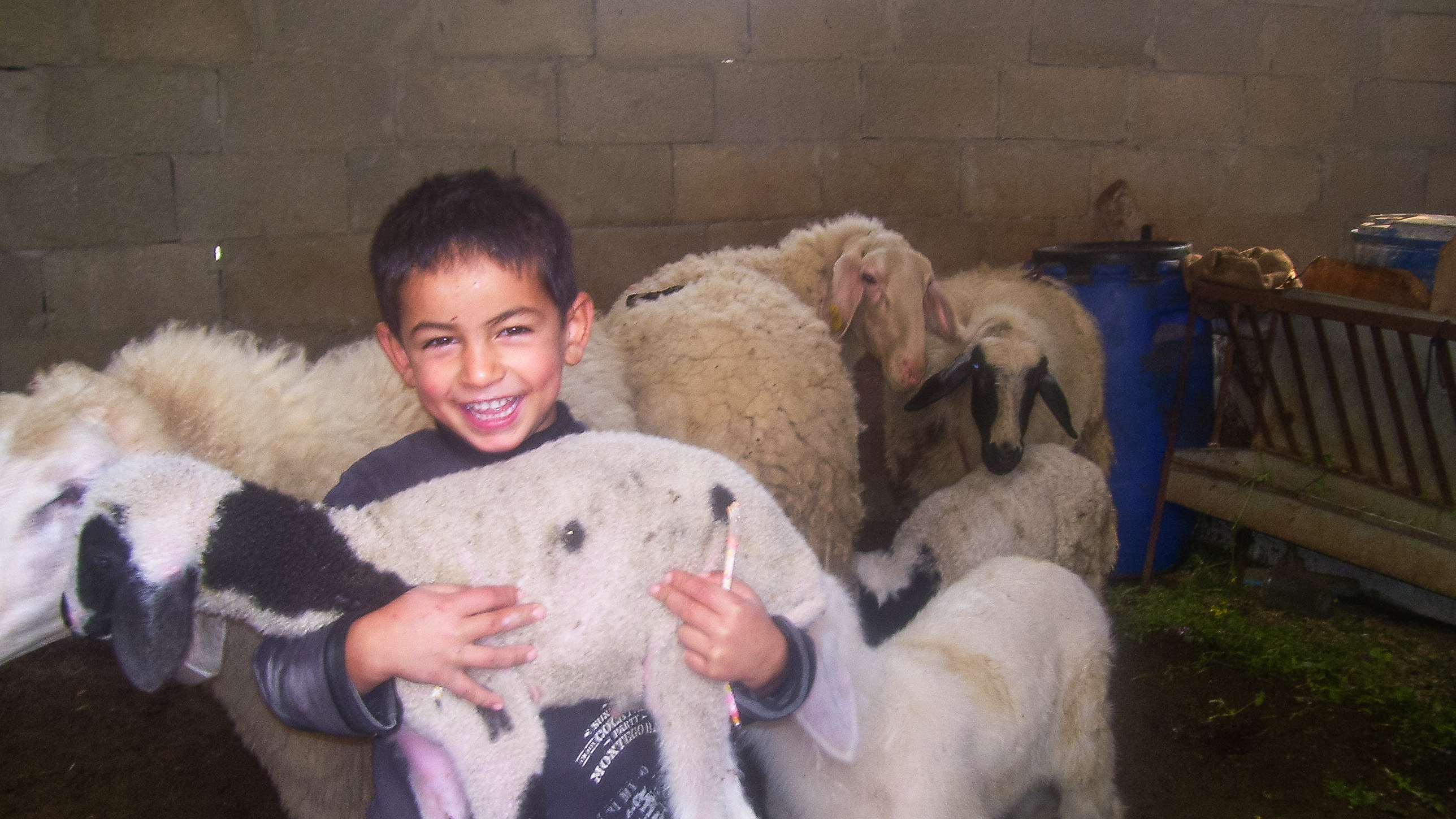
The Deprived Families Economic Empowerment Program (DEEP) in Palestine
The Challenge
Poverty and unemployment rates in Palestine are still imposing a serious challenge; about one out of three individuals (29.2 percent) were living below the poverty level in 2017. Gaza Strip contributes more to national poverty than the West Bank; its share of the poor population is 71.2 percent compared to 28.8 percent of the West Bank.
Economic growth is the most powerful instrument for reducing poverty and improving the quality of life. In the case of Palestine, despite the increase of the Gross Domestic Product, this has not been noticeably reflected on reducing poverty and unemployment rates; on the contrary, there was an inverse relationship between poverty rate and GDP increase.
To address this challenge, the Islamic Development Bank “IsDB” in Jeddah, initiated the creation and design of an innovative initiative in Palestine called DEEP. The Palestinian People Economic Empowerment Program (DEEP) has emerged in 2006 to empower the poor and marginalized Palestinians with the aim of uplifting them from being dependent on humanitarian assistance and charity aid to being a contributing member of society.
The Solution
DEEP is a project funded mainly by Arab Funds through the Islamic Development Bank and executed by (UNDP/PAPP) under the leadership of the Palestinian Authority (PA) represented by the Ministry of Social Affairs.
DEEP works through intermediary Non-Governmental Organization (NGOs), Microfinance Institution (MFIs), and private sector institutions to provide a comprehensive package of financial and non-financial services to meet the needs of 32,000 poor and extremely poor families in Palestine.
By accessing a package of financial and non-financial services that address their needs, including Islamic micro financial and promotional social safety net activities, the program has successfully maximized the economic potential of the chronic poor and brought them out of the cycle of poverty.
The Impact
DEEP has been largely responsible for creating a transformative change in attitudes towards poor households. Traditionally, poor people tended to be perceived as social and economic burdens that needed to be maintained. The project demonstrates that poor households are valuable assets that if their potentials are realized, can lead to socio-economic development.
These results provide concrete reasons for preserving and maintaining DEEP. The positive contribution of the project towards economic sustainability is clearly demonstrated. DEEP managed to support more than 15,000 poor households by establishing income generating projects for them, enabling 37% to graduate from poverty.
More than 85% of the supported businesses are still functioning, creating about US$ 22 million of economic value added annually, The program has attracted about US$ 80 million of new financing to MSMEs of to its portfolio. Deep has:
- Helped eradicate poverty through various innovative Economic Empowerment business models.
- Expanded from a small-scale (pilot) innovation, to a program that eventually gained international and national support.
- Scaled up to have a stronger impact on the country’s poverty alleviation, serving as an important complementary measure to the government provision of social safety network services.
The success of the DEEP programme is a case of:
- Dedication, commitment and innovation by the Islamic Development Bank, Government, UNDP, civil society institutions, and poor households to enhance their standard of life.
The success of the programme was accomplished through a unique partnership model. For this project to be scaled up at the national level a number of considerations and associated risks should be addressed; The “vision for scale” was reflected in the original design of the initiative, and) being responsive to the demands in a timely manner and had close linkages to the national priorities.
Taking into consideration the above lessons has helped to ensure the program sustainability and created an enabling policy environment for its eventual scaling up to become a national scheme. One of the most attractive features of DEEP has been its transferability and sustainability.
Deep has been successfully implemented in different local contexts / regions within
- Palestine
- West Bank
- East Jerusalem
- Gaza
The project has different localities including:
- Rural
- Urban
- Refugee Camps
It has different Non Government Organizations and Microfinance Institutions and different economic activities including:
- Agriculture
- Services
- Manufacturing
All of which have been adapted to a national scale.
The ease and success of these adaptations can be attributed to the simple but ingenuous methodology that allows for efficient standardized training while remaining flexible and responsive to varied contexts.
The Economic Empowerment Department is expanding the model in the country. A USD 500 million Economic Empowerment Fund for Palestine has been created to promote the model nationally.
Besides expending the model in Palestine, the Economic Empowerment Department of the Islamic Development Bank is also replicating the Economic Empowerment model practiced by the DEEP program in various other member countries.
The DEEP program which started as a pilot has been demonstrated itself to be successful to be not only mainstreamed nationally but also internationally across IsDB member countries.
